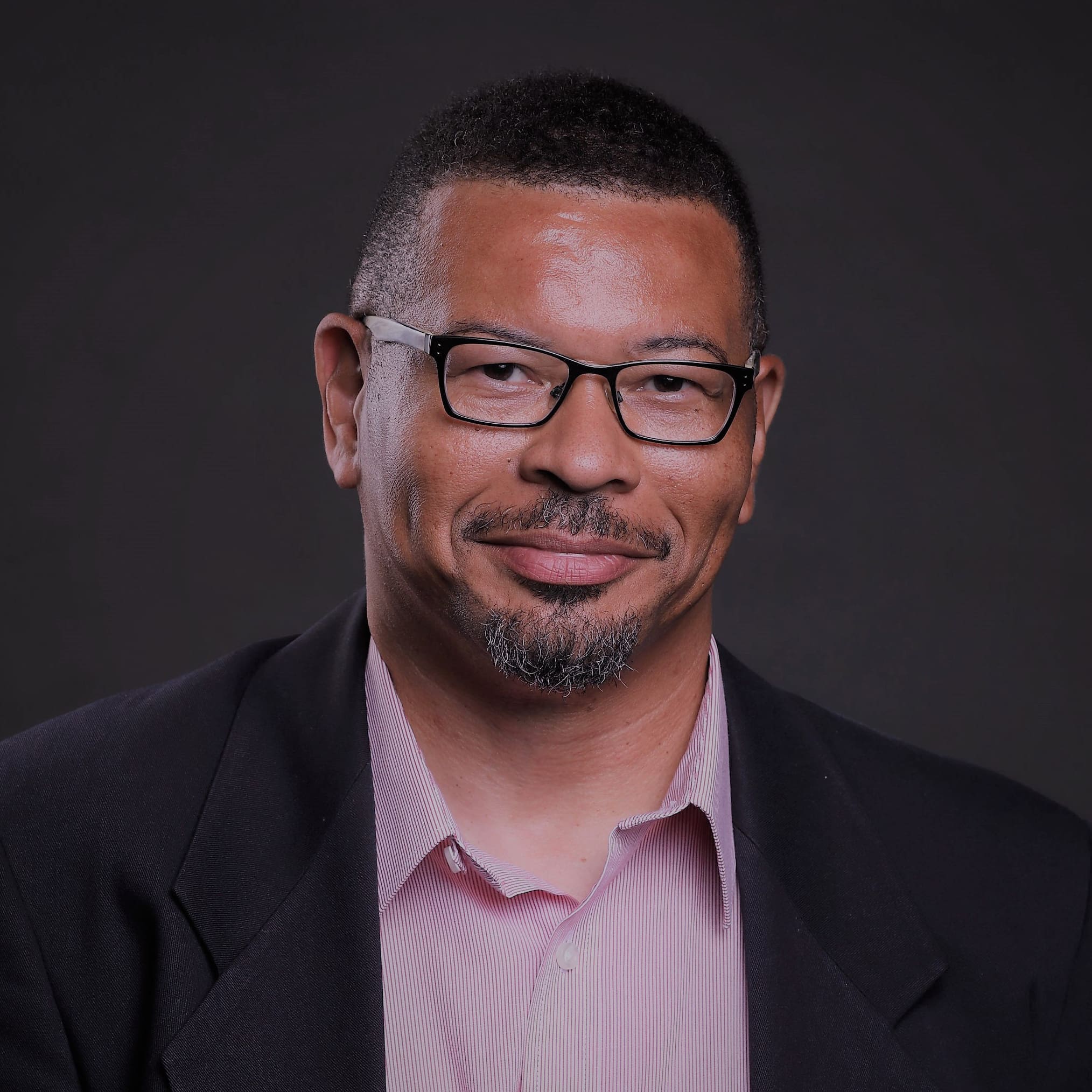I recently came across an interesting term: “doctrine cop.” In its immediate context, it referred to people who sidetrack small groups into unnecessary territory by debating points far peripheral to the purpose of the group.
Many of us have stories about such people, recalling how we rolled our proverbial eyes when this kind of person sidetracked (or hijacked) a discussion. As distressing and true as such situations may be, I have to admit that my first response was rather defensive. After all, I am a theologian by trade (and by calling, I might add), and I am distressed by statements that suggest that taking doctrine seriously is detrimental to the church or to the spiritual progress of Christians.
While I agree that there are self-styled doctrine cops who cause distractions, I am of the perspective that the church needs more well-trained Christians, clergy and lay, who are willing to play the role of doctrine cop in a way that protects the church from errant ideas that may cause greater long-term harm to the church even as they seem to be practically helpful. The church needs doctrine cops who don’t mind being theological thought police.
Admittedly, depending upon one’s ecclesiastical circle, it can seem like there is no shortage of theological thought police. This is particularly true in certain Reformed circles. My concern is much wider and particularly focuses on the larger evangelical world. Many people have written about the “thinness” of evangelicalism (such as David Wells’ No Place for Truth or Whatever Happened to Evangelical Theology or Mark Noll’s The Scandal of the Evangelical Mind), and my intent is not to pen a jeremiad. I want to argue that the church has always needed to have people who would use unpopular words such as “wrong” and “heresy.” A brief mention of a few doctrine cops in the history of the church may help my point.
If we return to the first 500 years of the church, we will find several members of the theological thought police, but three will suffice. Irenaeus of Lyons lived in the second century and is known for writing Against Heresies. He challenged Gnosticism, a movement that claimed to have secret knowledge and that viewed all matter as evil. If there were nothing attractive about Gnosticism, it probably would not have been a big challenge to the church, but there is something in us that is attracted to the idea of knowing something that no one else does, and when it involves God, that makes it even more appealing. Among the major problems caused by Gnosticism, however, is that it makes a doctrine of an incarnate Christ impossible (because God cannot become flesh in their view), and thus significantly distorts the way we think about the way our salvation came.
In the fourth century, we meet Athanasius, who was the key figure in addressing the Arian heresy. The Arians believed that Jesus was greater than humans but lower than God the Father. Jesus was like God, but did not share the same divine nature as the Father. One key aspect of Athanasius’s counter-argument was that Jesus would be inadequate as a saviour if he was not himself divine: How could one who is not God bring humans into the proper relationship with God?
The Nicene Creed of 325 was the document that resulted from the ecumenical council that convened at Nicea, and the bulk of the creed aims to make explicit that Christ is indeed divine, sharing the same nature (or essence) as the Father. It would be a mistake to think that the Arians failed to have any appeal, because they were very biblical in their approach, but the final product in their Christology was heretical. A commitment to the Scripture is not an instant guarantee of orthodox theology (just think of some wild prooftexting in the name of strange doctrines, and you’ll see what I mean).
In the early fifth century, Augustine of Hippo, a towering figure in the history of the church, addressed the errors of Pelagius. You must understand that Pelagius had good intentions: he wanted to help people recognize that they could in fact be responsible and obedient to God. The problem was that he had an overly optimistic view of human nature, and his understanding of original sin stated that Adam was a bad example for us, but he did not affect our nature. The reason that people tend to do good or bad is a matter of the habits we form, and if we follow Jesus we will develop the proper habits and live obedient lives before God.
In response, Augustine argued that Adam’s fall had the catastrophic result of making humans unable to obey God apart from divine grace. Good examples and external instructions are insufficient, and we need God’s grace in our lives if we are to follow His commands. As with Gnosticism, Pelagianism has a certain attraction. It tells us that we have enough within ourselves to obey God, that our human nature really has the potential for making the right choices and exhibiting the best behavioural practices. I wish it were true, but the full witness of Scripture (as well as the long tale of human history) tells us otherwise.
Irenaeus, Athanasius, and Augustine. All three of these men did not flinch from playing the role of doctrine cops. They had no concerns about being numbered with the theological thought police. It is true that they were major players in the life of the early church, and most of us will not have positions in the church as they did. Nevertheless, they provide us with an example, because they did not sacrifice orthodoxy on the altar of intellectual or practical attractiveness. They saw clearly that the faith could be drastically compromised by Gnosticism, Arianism, and Pelagianism, respectively.
It is easy to think that we are in an era where such major threats no longer exist, but that is a conclusion that can only be reached by putting one’s head in the sand. In the Protestant world in particular, where the priesthood of believers can easily morph into an anarchy of biblical and theological interpretation, the danger remains. Small groups, for example, can be great vehicles for nurturing Christian community and personal spiritual growth, but they can also be settings where a commitment to “helpful” practical outcomes trumps a concern for orthodoxy.
My suggestion is that we start a recruiting drive. We need to seek out Christians, particularly of the lay variety, to enlist in an informal academy that produces theological thought police. These doctrine cops will not be trained to be sterile doctrinal clinicians who have no personal character, social skills, or concern for others. No, these people will be committed disciples of the Lord whose primary aim is to gently correct those who are theologically wrong while being unafraid to use stronger forms of correction when necessary. They will also be people who understand the important matters of the faith and know how to exhibit charity in matters of valid theological disagreement.Where should the drive start? I hope I have already started it in my classrooms when I teach theology, but I hope that the wider evangelical church will join in by recovering some approach to formalized instruction of new members, a new (or old) catechesis.
We need doctrine cops. Will you join the thought police?

